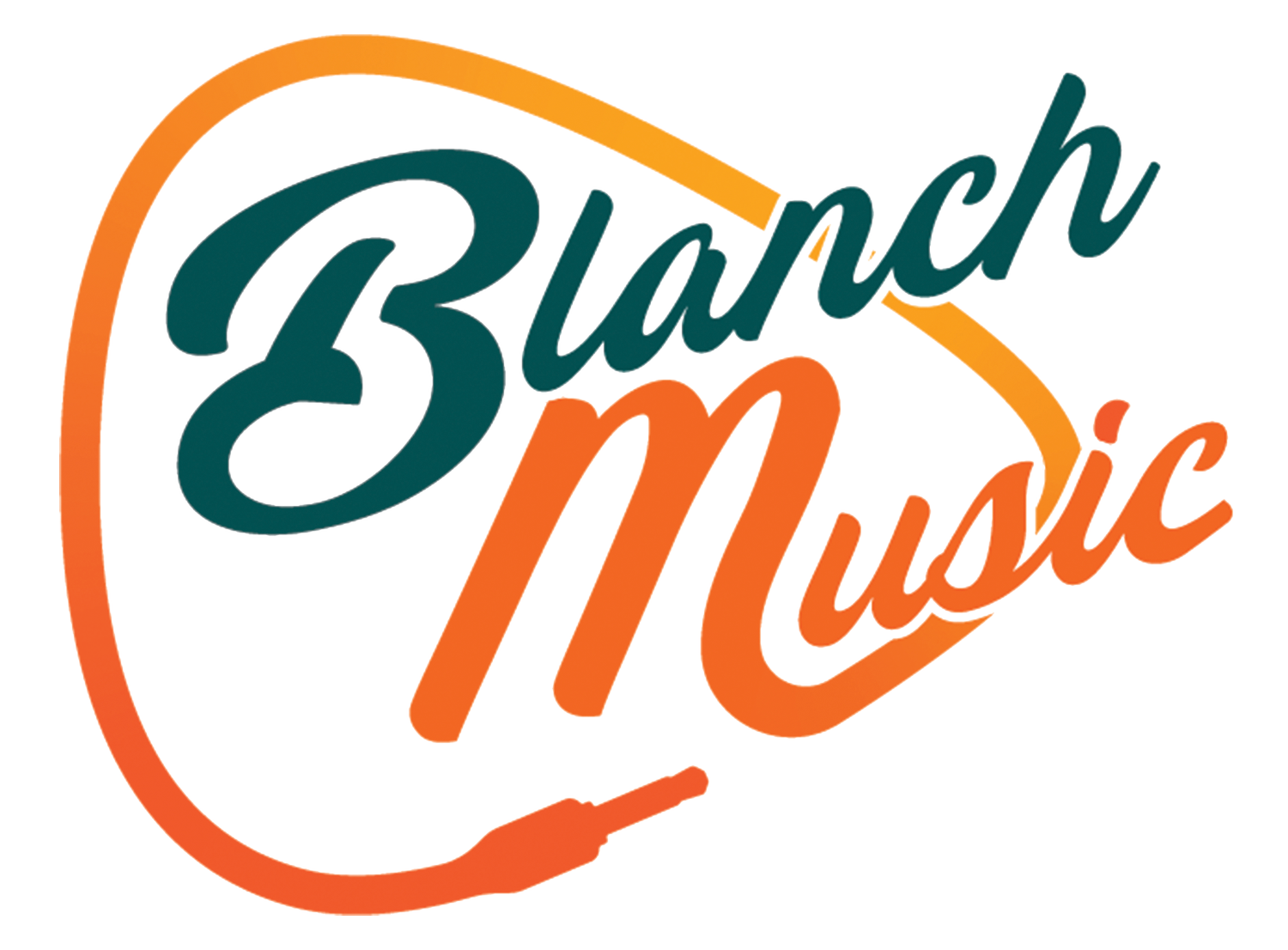5 Essentials for Starting Drums
Welcome!
About the Author
Hi, I’m John. I own Blanch Music. Established 2008, we have been giving Drum lessons to students Young & Old. I hope this article helps you on your Musical Journey!
Estimated Reading Time ⏰: Under 3.5 Minutes
Introduction
Learning to play the drums is an exhilarating experience that allows you to express yourself rhythmically and musically. Whether you’re a parent encouraging your child to explore percussion or an adult looking to unleash your inner rock star, drumming offers a unique outlet for creativity and energy. With the right tools, you can embark on this rhythmic journey with confidence.
Here’s a list of essential items I every beginner drummer should consider!
1. Drumsticks | Find a Comfortable Pair
Choosing the right drumsticks is vital for developing your playing style and technique. For beginners, lightweight sticks like the Vic Firth 5A or 7A are excellent choices, offering a good balance between weight and control. Experimenting with different sizes and materials can help you find what feels best in your hands, enhancing your overall playing experience.
Pro Tip: 7A Drumstick are perfect for any starter!
2. Practice Pad | Portable & Easy to Use
A practice pad is an essential tool for any beginner drummer. It allows you to develop your technique without the noise of a full drum kit. These pads are designed to mimic the feel of real drums while being quiet enough for practice at home or on the go. Focusing on rudiments and stick control on a practice pad will set a solid foundation for your drumming journey.
Pro Tip: Some Practice Pads can be mounted onto a Cymbal Stand which makes it feel a little more natural (for Position)
3. Metronome | Get a Digital Metronome or An App
A metronome is an indispensable tool for any drummer looking to improve their timing and rhythm. This device helps you practice with a steady tempo, which is crucial for developing your groove and consistency. You can opt for a physical metronome or use one of the many metronome apps available on smartphones—either way, it’s essential for honing your skills.
Pro Tip: You can also use YouTube for Metronome tracks. Just search for the BPM you need.
4. Books & Materials | Choose Your Books
Having access to quality instructional materials can make all the difference in your learning journey. Consider investing in drum books, online courses, or instructional videos that cater to beginners. These resources provide structured guidance and help you learn new techniques and rhythms at your own pace.
Pro Tip: If you are planning on taking lessons wait for your teacher to recommend a Book but if you need to buy any yourself without instruction get: Stick Control & Syncopation
No. 5. A Practice Journal | Keep Up to Date with Your Work
Finally, keeping a practice journal* can be one of the most beneficial tools in your learning arsenal. Use it to track your progress, set goals, and reflect on what you've learned during each session. This simple habit encourages accountability and helps maintain motivation as you document your journey toward becoming a proficient pianist.
*At Blanch Music, we use a Timetabling System which integrates Lessons Notes. Get Weekly Updates from your teacher and keep them in your inbox (Or login to the portal and see them there!)
Last But Not Least….. If You can!
An Acoustic or Digital Drumkit
The cornerstone of your drumming experience is, of course, a drum kit. Beginners typically start with either an acoustic or electronic drum set. Acoustic kits provide a classic sound and feel, while electronic kits offer versatility and volume control, making them ideal for practicing in smaller spaces.
For children, consider a smaller-sized kit that fits their stature. The kits can be called ‘Cocktail Kits” or Travel Kits. If your child is under 10, try get a 16” Bass Drum.
Pro Tip: Yes, having a Drum kit will make the learning experience more fun but your teacher (or School like us) will have Kits Setup for lessons. If you can’t afford a Kit, try to invest in a Practice Pad.
Conclusion
Starting drums can be both thrilling and fulfilling. With these essential tools at your disposal, you'll be well-equipped to tackle challenges and celebrate milestones along the way. Remember, every great drummer was once a beginner—so embrace the process and enjoy making music! Feel free to modify any sections or let me know if there’s anything else you’d like me to add!







